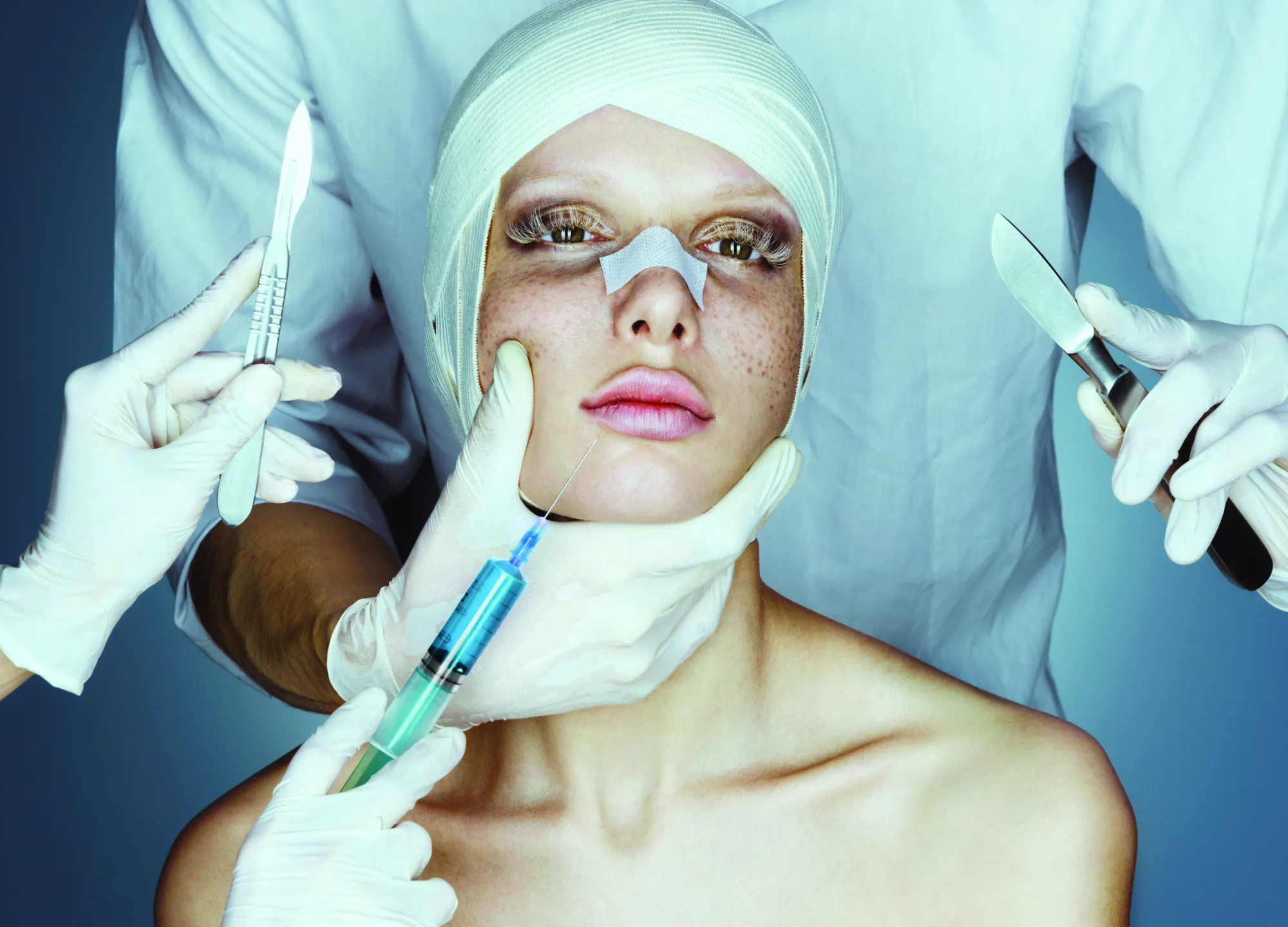Due to the rapidly growing and changing industry of aesthetic medicine, AAMSSA regularly receives complaints and reports of complications following aesthetic or non-surgical cosmetic procedures. On further investigation, it becomes apparent that there are certain common variables to problematic outcomes.
Avoid them and avoid complications.
1. Not putting your safety first
Your safety must be a priority. Select a qualified medical doctor, fully registered with the HPCSA, who has completed further accredited training in aesthetic medicine. Doctors who make patient safety their primary concern are an absolute must for a positive outcome to your chosen procedure.
2. Thinking non-surgical/aesthetic means not medical
Just because a procedure is “non-surgical” or “non-invasive”, it does not mean it is not a medical procedure. You need to act responsibly and take control of who you are allowing to inject/treat your body and face. It cannot be stressed enough that procedures that do not involve surgery, or are called “non-invasive”, or “minimally invasive”, are not necessarily free from risks or complications. As with any other medical procedure, you need a doctor to examine you, take a full history, discuss your options with you and give you the best medically sound advice about your elective procedure. inking aesthetic procedures are not medical seriously puts you at risk for complications.
3. Unregulated means it is safe
Some procedures in the industry unfortunately still remain unregulated, with limited control over who can perform them, eg certain lasers, light therapies (IPL), chemical peels and removal of skin lesions, to name just a few. The downside to this is that:
- Training is variable – no standards are adhered to, and someone with very little understanding and training can potentially harm you;
- There is no accountability for mistakes – because the person does not belong to any professional regulatory board; and
- There is no medical supervision, poor follow-up monitoring and no medical interventions for complications. If things go wrong, you are essentially on your own. Remember, many so-called “non-invasive” procedures still need to be prescribed and done by a medical doctor or, at the very least, supervised closely by a medical professional.
4. Procedures can be done anywhere
A medical procedure belongs in a medical practice, with appropriate standards and protocols in place for safe practice, where:
- Confidentiality of your records remains a priority;
- Equipment and medicines are readily available for any emergency;
- The environment is medically sterile, and preparation and injection areas adhere to standards that would be expected of any medical practice; and
- Products being used are safe and medical-grade.
Be prepared, take control, stay informed and choose wisely… your safety comes rst.
To find qualified and vetted doctors in your area who are members of AAMSSA (Aesthetic and Anti-Aging Medicine Society of South Africa), go to www.aestheticdoctors.co.za.





